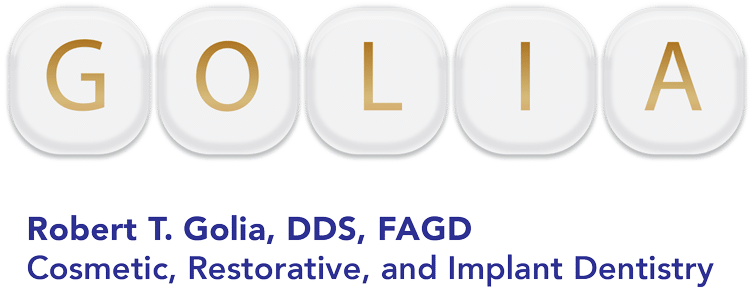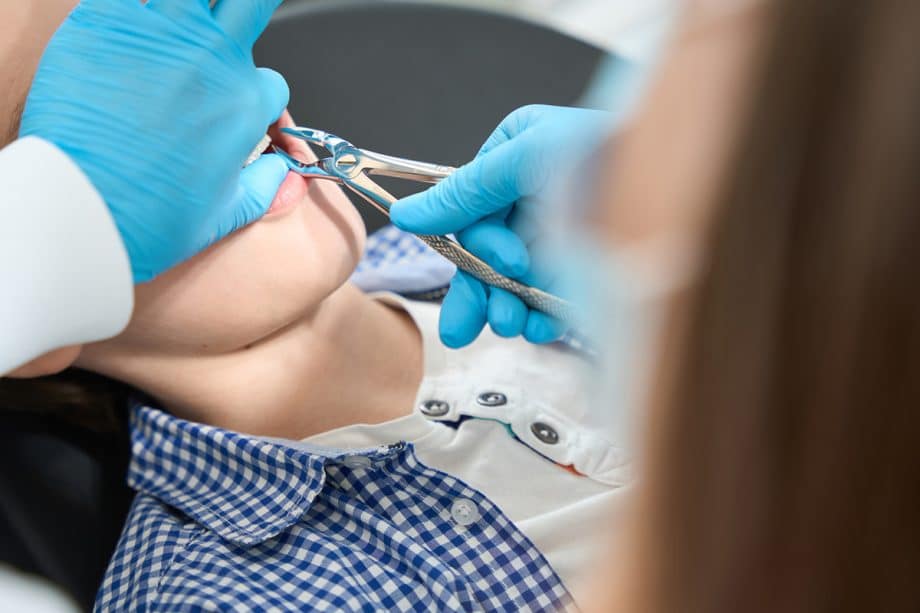Tooth extractions are sometimes necessary for dental health purposes. If a tooth is too severely decayed or damaged to be saved, it may need to be extracted. Teeth are sometimes extracted for orthodontic purposes, to alleviate crowding or to allow a permanent tooth to come in.
Whatever the reason, a tooth extraction is a relatively simple process. But it does often result in some minor bleeding. Here’s how bleeding is controlled after a tooth extraction.
What is the Process for Tooth Extraction?
A typical tooth extraction can be done with local anesthesia to numb the area. Once the anesthesia has had time to take effect and the patient is not able to feel anything in that part of their mouth, the tooth will be loosened from the socket and carefully removed. Steps are then taken to stop bleeding. Once the bleeding is under control and you are feeling well enough, you can go home.
Steps Your Dentist Takes to Stop Bleeding
After extracting a tooth, your dentist may take the following steps to control bleeding:
- Gauze pads. Gauze pads will be applied to the area to absorb blood and prevent it from being swallowed. The gauze pads will be replaced until the bleeding is under control.
- Pressure. Pressure is applied to the area to stop the bleeding. Consistent pressure can help keep bleeding under control.
- Sutures. A few sutures (stitches) may be used to close up the socket and stop bleeding. These sutures will usually dissolve over time, but may need to be removed if not.
Steps You Can Take to Stop Bleeding
If you are still experiencing some bleeding after you leave the dentist’s office, the following steps are recommended:
- Continued pressure. Bite down on the gauze pads and keep them in place for constant pressure to the socket. Keep constant pressure for 45 minutes to an hour.
- Additional gauze pads. Add additional gauze pads and replace saturated gauze pads with new clean gauze until it comes out clean.
- Elevate your head. It is best to prop your head up somewhat if you are lying down after a tooth extraction. Or if you feel up to it, stay in a seated position.
- Bite on a tea bag. Black tea contains natural coagulants (blood clotting properties). Bite down on a wet black tea bag to stop bleeding.
When to Call Your Dentist
If bleeding is not under control within a few hours of arriving home or if bleeding continues to worsen, contact your dentist. It may be necessary to go back to the office for additional treatment. If the patient becomes lightheaded or loses consciousness, call 911 or seek emergency medical assistance.
How to Keep Bleeding From Resuming
Once the bleeding has stopped, there are things you can do to keep it from starting again:
- Avoid drinking from a straw. It is important not to use a straw after a tooth extraction. It can dislodge the blood clot in the socket and cause bleeding to resume.
- Eat soft foods. Eat only soft foods that won’t reopen the wound where your tooth was extracted.
- Drink cold beverages. Cold beverages can help control bleeding as they restrict the blood vessels.
- Allow food to cool. Don’t drink or eat anything hot. Allow all food and beverages to cool to lukewarm or room temperature before consuming.
- Keep your head elevated. Don’t lay down completely flat to sleep. Keep your head elevated with pillows for the first 24 hours.
Golia Dental Provides Tooth Extraction Services
If you need to have one or more teeth extracted, Golia Dental provides extraction services. Using gentle, minimally invasive techniques, we minimize bleeding and discomfort.
Call 203-248-7400 or contact us today to learn more and schedule an appointment.

